The question of whether to keep the old name or to give a new name when merging provinces and cities is attracting special attention from the public. How to preserve the old names, attached to the residents of the land and contributing to the identification of a cultural region? At the same time, if choosing a new name, how to make it not just a mechanical combination but still have its own meaning and identity?
This issue was also mentioned by Prime Minister Pham Minh Chinh at the meeting of the Government Party Committee Standing Committee on the afternoon of March 11. He noted that naming the province after the merger must ensure continuity, reflecting the history and characteristics of the locality.

On November 6, 1996, the National Assembly passed a resolution allowing Quang Nam - Da Nang province to split into Quang Nam province and Da Nang city under the central government. (In photo: Ngu Hanh Son district, Da Nang city. Photo: Kim Lien)
Keep the old name or change the name?
Responding to reporters from VTC News, Associate Professor Dr. Bui Hoai Son, a National Assembly delegate working full-time at the National Assembly's Committee on Culture and Society, said that choosing a new name when merging provinces and cities is not simply an administrative decision but also has profound cultural, historical and local identity significance.
The name of a locality is not only a title but also closely associated with culture, people and the flow of time, a testament to changes and important milestones on the path of development.
" When researching the merger of some provinces, naming new administrative units is not just a matter of pure management, but also involves inheritance, recalling the past, expressing the desire to rise, and connecting with modern trends and integration, " Mr. Son emphasized.
According to Mr. Son, there are two main directions in naming new administrative units.
The first direction is to restore the names that existed in history, as a way to honor and preserve local cultural and historical values. Many old place names carry stories and important marks in the formation and development of the land. Reusing these names can help people connect with the past, arouse pride and strengthen community cohesion.
Mr. Son said that it is possible to consider restoring the old names that existed when merging provinces, such as Ha Bac (Bac Ninh - Bac Giang), Vinh Phu (Vinh Phuc - Phu Tho), Bac Thai (Bac Kan - Thai Nguyen), Nam Ha (Nam Dinh - Ha Nam), Nghe Tinh (Nghe An - Ha Tinh)...
These names not only help remember an administrative unit but also evoke cultural imprints and regional characteristics that once existed, creating community cohesion and local pride.
" Reusing the old name could be a solution to make the merger process easier psychologically and socially. In addition, it also avoids unnecessary debates about the new name, because these are names that are recorded in history and have high acceptance in the community, " said Mr. Son. However, he also noted that not all cases can or should apply this method, but need to be carefully considered based on the characteristics of each locality.

A fragmented name can sometimes make people feel alienated from their own homeland.
National Assembly Delegate Bui Hoai Son
The second direction mentioned by the National Assembly delegate is to create a new name, especially in the case of merging many administrative units with different identities.
Mr. Son raised the question, some provinces and cities after separation have developed differently, have their own characteristics, new directions. Simply returning to the name of the past can create a nostalgic mentality, but does that really reflect the identity and changes of the new land?
" It is important that the name has a positive meaning, reflects the geographical, historical and cultural characteristics of the merged area, and is consistent with development trends in the new era, " said Mr. Son.
In fact, recently, after merging a number of communes and districts, the new name was formed by combining two words from two old administrative units. Mr. Bui Hoai Son assessed that this was a compromise but not optimal approach.
Because each place name has its own history, culture and identity, when only taking part of the name to combine with another place name, it can invisibly lose its full meaning and fade the identity of each region.
" Is this the best way? Two names that have their own identities are mechanically combined, will it destroy the natural, harmonious identity of each land? A separate name can sometimes make people feel alienated from their homeland, " said the National Assembly delegate.
Furthermore, some combined names can be long, difficult to read, difficult to remember, and in some cases even cause controversy among the public when people feel that the name of their locality is cut down and not fully expressed. This, according to Mr. Son, can affect the community's psychology and reduce consensus in the merger process.
Also discussing, Ms. Nguyen Thi Viet Nga, Deputy Head of the National Assembly Delegation of Hai Duong province, commented that naming new places after the merger is an issue of concern to many people. When merging, every locality wants to keep its name.
" Because that name is closely associated with tradition, history, culture, and has been closely associated with the locality since ancient times. Vietnamese people love their homeland very much, and that love is expressed in the desire to keep the long-standing name ," said Ms. Nga.
However, we need to think in a new and deeper direction, because merger is not to wipe out any locality, nor to make anyone lose their homeland, but the goal is to make our homeland and our country develop more.
The female National Assembly member said that when naming a new province after a merger, many factors must be considered.
The new name after the merger can retain the name of an existing province, can also take back the old name, or can be a new name based on the names of the old provinces... This is a scientific issue that needs to be carefully researched and there is no general formula for this.
" Therefore, we must consider each specific case. No matter which option is chosen, I hope to receive the people's consensus and support. The province cannot retain its old name, but it does not mean we are at a disadvantage or have lost something. The important thing is to move towards common development ," said Ms. Nguyen Thi Viet Nga.
Consult the people to create consensus
Instead of applying the mechanical method of combining names, Associate Professor Dr. Bui Hoai Son believes that it is necessary to consider more important criteria in naming, such as historical, geographical, cultural factors or a common symbol that represents the whole region.
Regarding historical factors, Mr. Son emphasized that the name of a locality should reflect the depth of tradition, important events or typical values that have shaped the identity of that land.
" Some places go down in history through periods of national construction and defense or through outstanding figures, cultural heritages. When choosing a new name, we need to consider whether it can be continued or not. Naming based on ancient names, places that existed before can be a reasonable direction, as long as it is still consistent with development practices ," said Mr. Son.
In addition, local culture is a factor that needs to be taken into account. Each region has its own characteristics in terms of customs, habits, language or lifestyle. Therefore, a suitable name not only helps people feel attached and proud but also shows the spirit of solidarity and harmony between communities.
In addition, Mr. Son suggested that the new name should reflect the locality’s development vision and aspirations. Some countries in the world have adopted symbolic naming, reflecting socio-economic characteristics or future orientation.
" In Vietnam, it is absolutely possible to refer to this method, as long as it is not unfamiliar to people's lives. For example, if a province or city has advantages in terms of sea, tourism, industry or heritage, the name can suggest those characteristics, helping to build a local brand more clearly ," he stated his opinion.
According to National Assembly Deputy Bui Hoai Son, if there is a change in the name, a name with a broad meaning must be found, representing the general spirit of the entire region, instead of just reflecting a part of the previous locality.
Furthermore, the name of a new locality also needs to have a long-term vision, consistent with future development orientation.
However, Mr. Bui Hoai Son commented that no matter how good a name is, if it is not accepted by the people, it will be difficult to become a common symbol for the whole land. To ensure the consensus of the people in choosing a new name when merging administrative units, the most important thing is to put the people at the center of this process.
" If a name is given without listening to and respecting the community's opinions, it is very likely to create mixed reactions, even disunity and loss of connection with the land that the name represents ," Associate Professor Dr. Bui Hoai Son said, adding that there are many ways to conduct consultation effectively.
Governments can organize surveys, consultancies through workshops, forums or even through digital media channels. This not only helps to collect multi-dimensional perspectives, but also helps people feel respected and have a voice in important decisions related to the locality, consensus will be formed more naturally.
To avoid widespread and unfounded naming proposals, Mr. Son suggested that the government should come up with a number of naming options based on certain criteria so that people can choose.
Besides, it is very important to clearly explain the meaning of the name. Keeping the old name or choosing a new name also needs a story, a convincing reason for people to understand and sympathize.
A name can be associated with history, with cultural symbols of the land or express the development aspirations of the locality in the new period. When people feel the meaning behind it, it will be easier to accept.
More importantly, according to Mr. Son, when there is consensus, the chosen name must be respected and preserved for a long time. A locality cannot change its name continuously just because of opposing opinions that appear later.
" Consulting with the community is not only a step in the administrative process but also an opportunity to build consensus, arouse local pride and show respect for the history and culture of that land. A name is only truly meaningful when it is born from the people, widely accepted by the community and becomes a common symbol for a new stage of development, " the National Assembly member added.
Vtcnews.vn
Source: https://vtcnews.vn/lam-sao-de-ten-goi-tinh-sau-sap-nhap-khong-chi-la-phep-cong-co-hoc-ar931310.html



![[Photo] Solemn opening of the 12th Military Party Congress for the 2025-2030 term](https://vphoto.vietnam.vn/thumb/1200x675/vietnam/resource/IMAGE/2025/9/30/2cd383b3130d41a1a4b5ace0d5eb989d)
![[Photo] The 1st Congress of Phu Tho Provincial Party Committee, term 2025-2030](https://vphoto.vietnam.vn/thumb/1200x675/vietnam/resource/IMAGE/2025/9/30/1507da06216649bba8a1ce6251816820)
![[Photo] President Luong Cuong receives President of the Cuban National Assembly Esteban Lazo Hernandez](https://vphoto.vietnam.vn/thumb/1200x675/vietnam/resource/IMAGE/2025/9/30/4d38932911c24f6ea1936252bd5427fa)
![[Photo] Panorama of the cable-stayed bridge, the final bottleneck of the Ben Luc-Long Thanh expressway](https://vphoto.vietnam.vn/thumb/1200x675/vietnam/resource/IMAGE/2025/9/30/391fdf21025541d6b2f092e49a17243f)
![[Photo] General Secretary To Lam, Secretary of the Central Military Commission attends the 12th Party Congress of the Army](https://vphoto.vietnam.vn/thumb/1200x675/vietnam/resource/IMAGE/2025/9/30/9b63aaa37ddb472ead84e3870a8ae825)
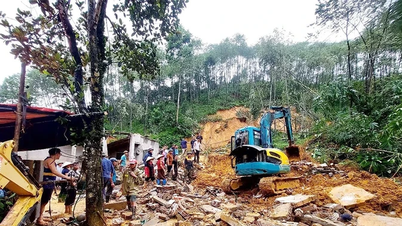

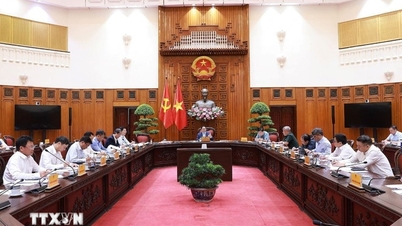








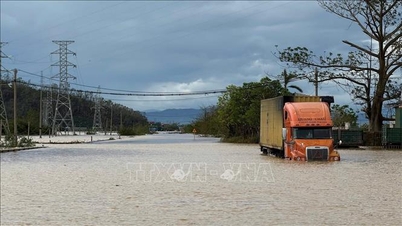

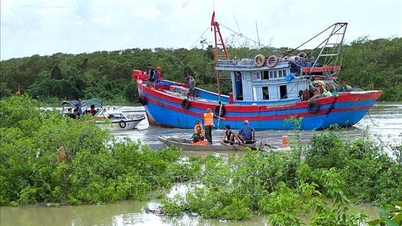



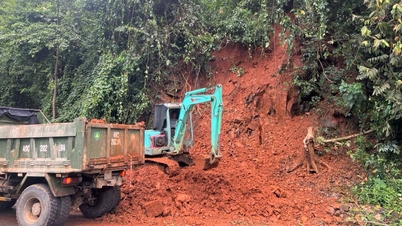







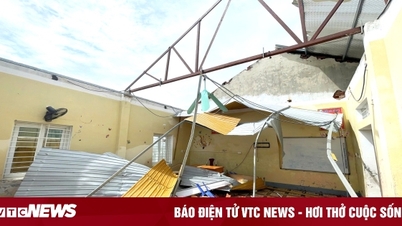


















































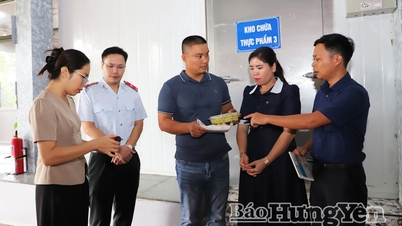


















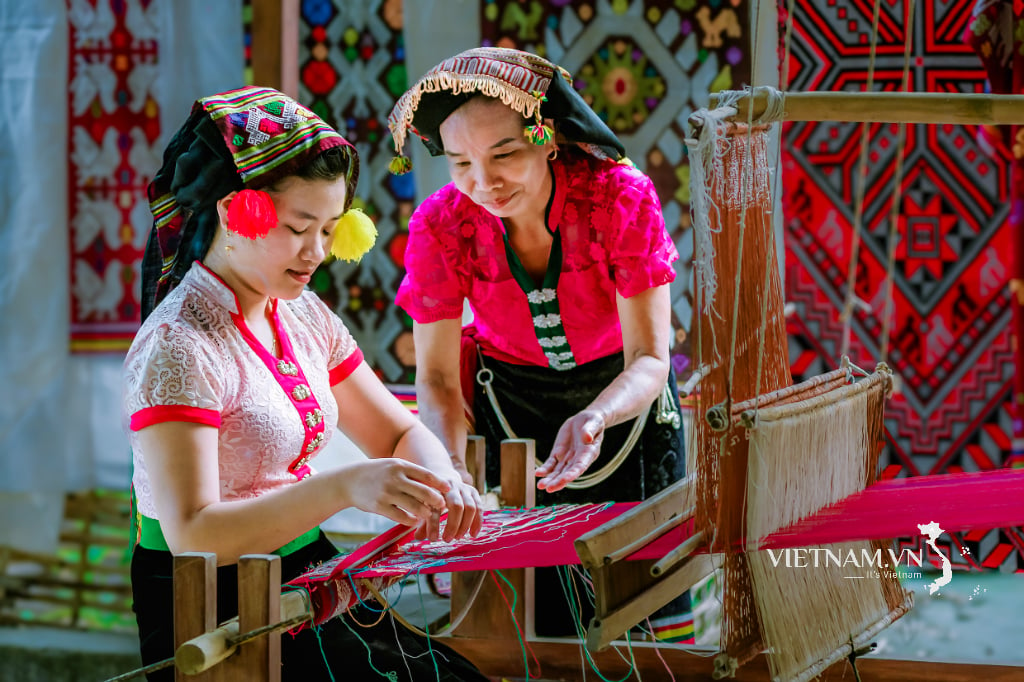
Comment (0)